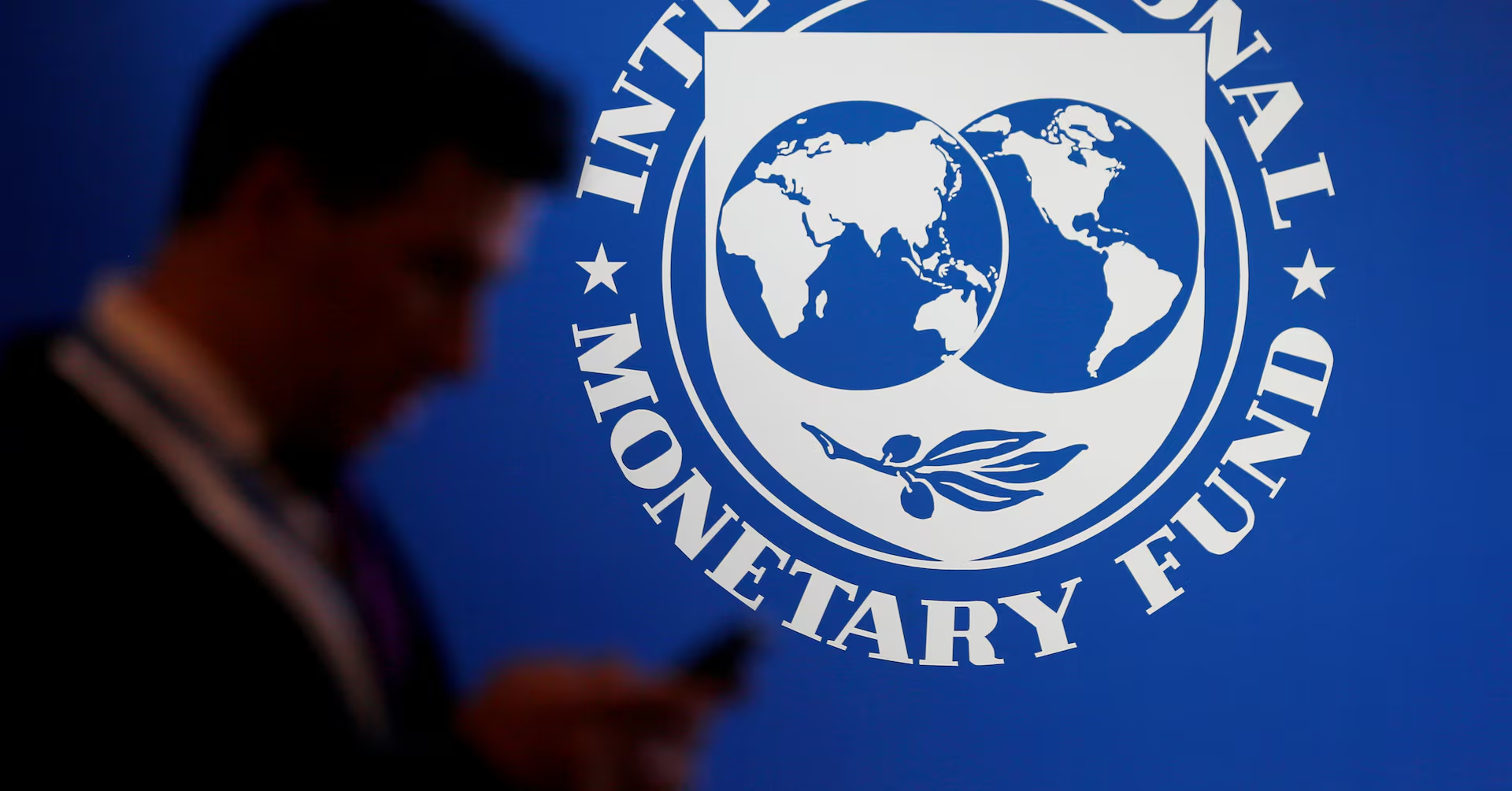On Tuesday, the Ministry of Economic Affairs released an official report highlighting a significant shortfall in foreign loan disbursements for July. The report revealed that the government secured only $426 million from international lenders, falling far short of the $9 billion in debt rollovers that were anticipated. This shortfall underscores the urgent financial challenges facing the Pakistani government and raises concerns about its ability to meet its external financial obligations and secure a crucial bailout package from the International Monetary Fund (IMF).
Breakdown of Disbursements and Shortfalls
According to the Ministry of Economic Affairs, no loans were secured from foreign commercial banks or bilateral creditors last month. The primary sources of anticipated funding—cash deposits from China, Saudi Arabia, and the United Arab Emirates (UAE)—were not disbursed as planned. The table below provides a detailed breakdown of the expected and actual disbursements:
| Source | Expected Disbursement | Actual Disbursement | Notes |
|---|---|---|---|
| Saudi Arabian Deposit | $5 billion | $0 | Pending rollover, part of IMF conditions |
| Chinese Deposit | $4 billion | $0 | Pending rollover, part of IMF conditions |
| UAE Deposit | $3 billion | $0 | Accounted on central bank’s balance sheet |
| Total Expected | $12 billion | $0 | – |
The IMF’s approval of a $7 billion bailout package is contingent upon securing these rollovers and additional loans. The report indicates that these transactions have not materialized, leading to the deferral of the IMF program approval originally scheduled for August 30.
Impact on IMF Extended Fund Facility (EFF) and Debt Sustainability
The IMF’s Extended Fund Facility (EFF) requires Pakistan to remain current on its debt repayments to ensure debt sustainability. The package includes a $12 billion cash deposit rollover and a $4 billion commercial loan. However, both the IMF and the Pakistani government have avoided addressing the critical need for debt restructuring. The table below summarizes the IMF’s debt sustainability requirements:
| Requirement | Amount | Status | Details |
|---|---|---|---|
| Cash Deposit Rollover | $12 billion | Not Secured | Includes Saudi Arabian and Chinese deposits |
| Commercial Loan | $4 billion | Not Secured | Integral to IMF’s debt sustainability plans |
| Total Required for IMF Approval | $16 billion | Not Secured | – |
The failure to secure these funds could jeopardize Pakistan’s financial stability and hinder its ability to meet IMF conditions, leading to further delays and potential additional requirements, such as a mini-budget.
Current Fiscal and Taxation Challenges
The federal government faces additional financial strains, including an anticipated shortfall in Federal Board of Revenue (FBR) tax collection. Despite imposing record new taxes totaling Rs1.8 trillion, the government has not met its tax collection target. The FBR has set a target of Rs898 billion for the month, but as of Tuesday, only Rs575 billion has been collected, leaving a shortfall of Rs323 billion with only a few days left in the month.
The following table provides a snapshot of the FBR’s tax collection status and the anticipated shortfall:
| Tax Collection Target | Collected Amount | Shortfall | Required Daily Collection |
|---|---|---|---|
| Rs898 billion | Rs575 billion | Rs323 billion | Rs81 billion per day |
The FBR’s internal assessments suggest a potential shortfall of around Rs80 billion, which the FBR is attempting to cover by securing advances from commercial banks. Prime Minister Shehbaz Sharif has appointed Rashid Langrial as the new FBR chairman, and his performance in meeting the tax collection target will be closely monitored.
International Funding and Project Disbursements
The report also highlights several international funding disbursements in July:
- World Bank: Provided a $132.4 million loan with allocations for various projects, including:
- $11 million for the National Transmission and Dispatch Company (NTDC)
- $80 million for flood-related projects in Sindh
- $26 million for a Punjab agriculture project
- Asian Development Bank (ADB): Disbursed $52 million for multiple schemes
- China: Provided $97 million for the Pakistan Multi-Mission Satellite project
- Naya Pakistan Certificates: Contributed $128 million
However, there were no disbursements from foreign commercial banks against the annual projected budget estimates of $3.8 billion. Pakistan also plans to borrow $1 billion through sovereign bonds this fiscal year, including $300 million through Chinese Panda bonds and $700 million through Green bonds.
Future Prospects and Strategic Moves
In an effort to address the financial shortfall and secure additional funding, the government is looking into several strategic moves. If Pakistan and Saudi Arabia finalize the sale of a 15% stake in the Reko-Diq mining project by early September, it could expedite Saudi Arabia’s $5 billion rollover request and potentially unlock an additional $1.2 billion oil financing facility.
The table below summarizes the potential strategic financial moves and their impact:
| Strategic Move | Potential Outcome | Details |
|---|---|---|
| Sale of Reko-Diq Mining Project Shares | Accelerated $5 billion rollover | Could unlock additional $1.2 billion oil financing |
| $1.2 Billion Oil Financing Facility | Possible approval | Requested by Finance Minister Muhammad Aurangzeb |
| Sovereign Bonds and Green Bonds | $1 billion in borrowing | Includes $300 million through Panda bonds and $700 million through Green bonds |
The government’s ability to navigate these financial challenges and secure the necessary funding will be crucial in determining its economic stability and the success of its IMF bailout negotiations.
The recent report on Pakistan’s foreign loan disbursements paints a challenging picture for the government. The significant shortfall in expected loans and disbursements, combined with tax collection difficulties and pending IMF approval, underscores the need for urgent financial and strategic measures. The government’s ability to address these issues effectively will be critical in stabilizing the economy and securing future financial support from international lenders.
This comprehensive analysis highlights the ongoing financial challenges and strategic decisions facing Pakistan as it navigates its complex economic landscape.



Leave a Comment